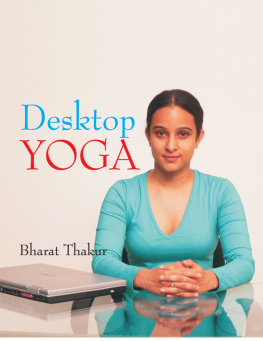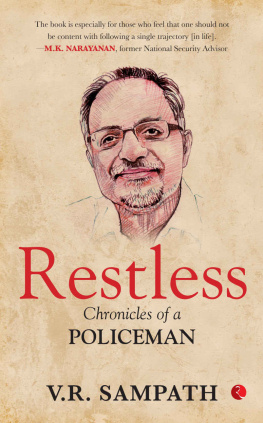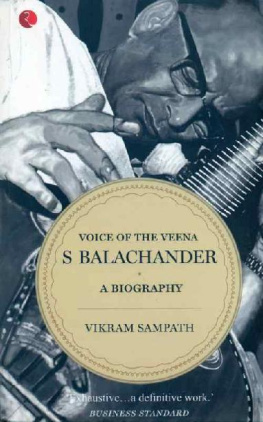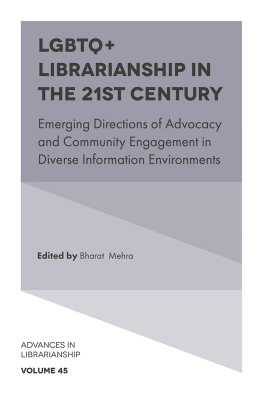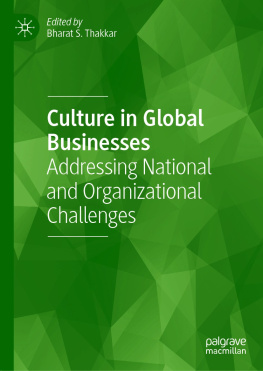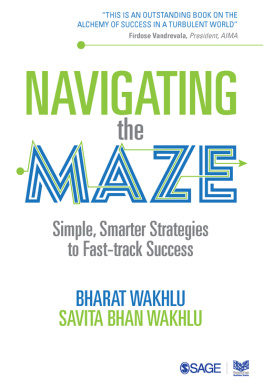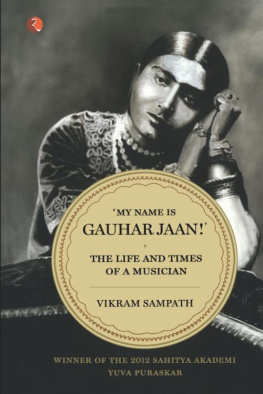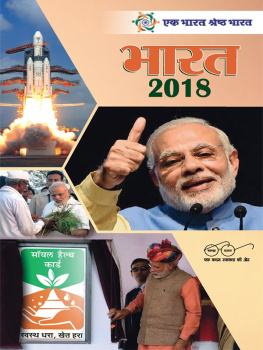BRAVEHEARTS OF
BHARAT
ADVANCE PRAISE FOR BRAVEHEARTS OF BHARAT
How many names in this list of fifteen Bharat Bravehearts ring a bell? Contrary to perception, history is rarely objective. Such is the retelling of Bharats history, and the lens used, that few of these names will be recognized. Vikram Sampath has done a great service by correcting a biased narrative that has coloured perceptions of Bharats history.Bibek Debroy, eminent economist, author and translator
The mainstream historiography of India is not the history of Indians at all but that of foreign invaders. It was imposed on us to deliberately inculcate a sense of inferiority. Vikrams book is a wonderful effort to revive the memory of those who fought, often successfully, to defend our civilization. Never forget that the privilege of being the worlds oldest surviving civilization was bought in blood.Sanjeev Sanyal, economist and writer
Celebrated author, Vikram Sampath has single-handedly upturned the narrative on many contested issues and personalities of Indian history. He now ventures into a largely uncharted territory, chronicling the contributions of fifteen civilizational warriors, hailing from diverse regions and timespans, who find little space in our history books. Roughly, half the list comprises incredibly fearless women. The cut-off date of his study is the year 1857, developments thereafter falling under the rubric of the freedom struggle.
Vikram Sampath is aware of the need to skilfully navigate the path between jingoism and the professional narrative of a historian. At the same time, he takes cognisance of, and elevates, the multiple-layered Indian tradition of itihasa (It thus happened).
Among the neglected dimensions of the Indian past was the dogged resistance to the Arab armies at the frontiers of al-Hind by three tiny Hindu kingdoms of Kabul, Zabul, and Sindh. The resistance surprised and shocked the Arabs, who had by then established a world empire greater than that of Rome at the pinnacle of its power. Records of resistance in other parts of the subcontinent are recorded in several early epigraphs, among them the Kavi plates from Bharuch (736 CE), the Navasari plates (739 CE), and an inscription from Hund, Attock district (second half of the eighth century CE).
There were incredible rulers like Lalitaditya Muktapida, who halted the Arab advance into Kashmir, and towards that end, entered into a tactical alliance with Yashovarman of Kanauj. Also largely forgotten are the Chola father and son, Rajaraja and Rajendra, empire builders and Shiva devotees, promoters of the Brihadisvara temple, the Dakshin Meru of the south.
Remembrance is also due to the nameless proud devotees of the Somnath shrine, who posed as guides and avenged their deity by deliberately misleading Mahmud Ghaznavi into an arid waterless stretch on his way back home. And Queen Naiki Devi, immortalized by Merutunga in his Prabandhacintamani, taking her son in her lap, fought at a ghat named Gardararaghatta, and conquered the king of the Mlecchas
No less sterling were the contributions of Rudrama Devi of Warangal, trained in statecraft by her father; the daring Rani Abbakka Chowta of Ullal who took on the Portuguese; Chand Bibi of Ahmednagar, intrepid challenger of the mighty Mughals; Lachit Barphukan, Assams man of destiny and hero of the battle of Saraighat; Kanoji Angre, steadfastly loyal to the Maratha kingdom; Banda Bahadur who valiantly embraced death rather than surrender to the Mughals; Martand Varma, who faced the European powers and dedicated his kingdom to Sri Padmanabhaswamy; Ahilya Bai Holkar, builder of the Kashi and Somnath temples; the great Krishna devotee, Rajarshi Jai Singh of Manipur; Velu Nachiyar of Shivaganga and her Dalit military commander in the turbulent conditions of the south; and Begum Hazrat Mahal who held the British forces at bay till her escape to Nepal.
These civilizational warriors have been rehabilitated and given their place under the sun, in yet another landmark work by Vikram Sampath.Meenakshi Jain, historian and senior fellow, Nehru Memorial Museum and Library
VIKRAM
SAMPAH
BRAVEHEARTS OF
BHARAT
VIGNETTES FROM INDIAN HISTORY
Contents
For my parentsmy pillars of strength and the perennial wind beneath my wings!
- -
- ,
Koti Koti Kantha Kal Kal Ninad Karale
Koti Koti Bhujaidhruta Kharakaravale
Abala Keno Ma Eto Bole
Bahubaladharineem Namami Tarineem
Ripudala Varineem Mataram
Vande Mataram
Who hath said thou art weak in thy lands,When the sword flesh out in the seventy million handsAnd seventy million voices roarThy dreadful name from shore to shore?With many strengths who art mighty and stored,To thee I call Mother and Lord!Thou who savest, arise and save!To her I cry who ever her foe man droveBack from plain and SeaAnd shook herself free.
This stanza of Bankim Chandra Chatterjees epic poem Vande Mataram (Mother! I bow to Thee!) is translated by Sri Aurobindo. Written by Chatterjee in 1875, it is an ode to the Motherland in Bengali-Sanskrit and is included in his novel Anandmath [1882]).
Prologue
It was a warm summer evening in 2016 in the national capital when my friend Sanjeev Sanyal, eminent writer and economist, and I decided to meet after a long hiatus. In a meandering conversation, Sanjeev brought up something that hooked my attention. Have you ever noticed, he asked, the manner in which Indian history is depicted as a long litany of failures? Every battle that we are taught about is one in which India or Indians have only lost. We are made to appear like a nation of losers. In these centuries of our existence, did we even put up some resistance or were we just cowering before every invader who came our way? If we did, then where are those stories, who are those heroic resisters?
We did scratch our heads to think of a couple of names, but we also realized how precious little we knew about the few protagonists that we could list or how our education system had completely skipped these instances of victories and resistance. The conversation with Sanjeev stayed with me for long, even as I ruminated about the several other defects that traditional Indian historiography suffers from. History is after all the handmaiden of the victor. We had been handed down our understanding of our own past from our erstwhile colonial masters, which we had then further perfected with our own set of biases, political expediency and ideological tilts. As Nigerian author Chinua Achebe said in Chinua Achebe, The Art of Fiction No. 139 (1994): Until the lions have their historians, the history of the hunt shall always glorify the hunter. This African proverb metaphorically describes how dominant groups inscribe power through historical narratives. The very foundation on which historical writing has been based is a legacy that promoted European and western ethnocentrism, in which the tales of the subjugated, be it in India, Asia, Africa or Latin America would hardly find a voice of their own. In Indias case, we have sadly gone several steps ahead of even our colonizer in deriding our own past and identity, plagued with a constant sense of apologia about our history. While it is certainly not a historians task to create a sense of pride (often bordering on the slippery slope of jingoism), the converse too holds that it is not her task to merely induce a sense of shame and guilt over perceived past excesses and omissions.




